
2022 in Review: January to June
As the third year of the pandemic got underway, Burnet continued its COVID-19 advocacy around a vaccines plus approach and advanced important work in malaria, tuberculosis and hepatitis C.
Go to 2022 in Review: July to December
January
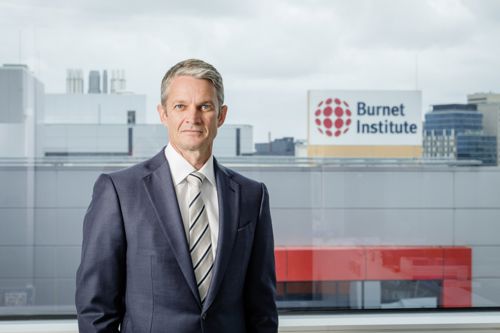
At the start of the new year, Australian governments were being urged to listen to expert advice and adopt more precautionary principles to deal with the ongoing threat of COVID-19, in a commentary co-authored by Burnet Director and CEO Professor Brendan Crabb AC published in Health Policy Watch.
The authors proposed a “vaccines plus” strategy based on three pillars – current and new tools, embracing the central importance of preventing airborne transmission, and a major shift in attitude to equity to stop sustained community transmission.
“A commitment to reducing numbers is our only way out. The longer we wait to shift gears and raise ourselves from our pandemic-weariness, the harder it will be.”
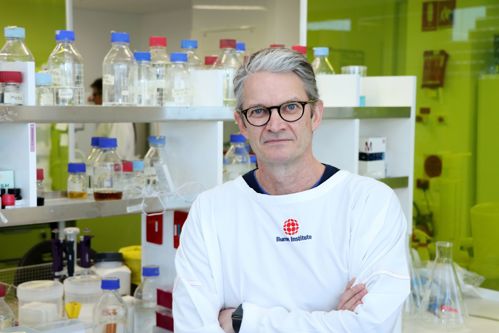
Professor Crabb expanded on his ideas in a feature interview with the ABC’s Health Report, reiterating that while high vaccination rates mean Australia is in a strong position compared to many other nations, we need to act nimbly with a broader suite of interventions as part of a “vaccines plus” approach.
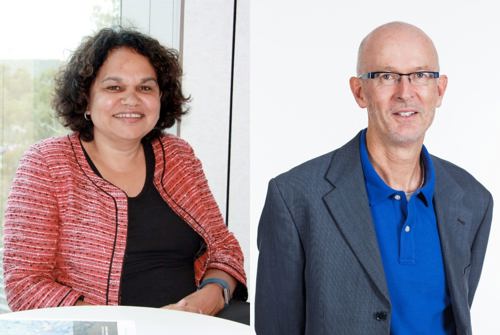
Burnet Institute Board Member Professor Sandra Eades AO and longstanding staff member Professor Robert Power AM were among eminent Australians acknowledged for their outstanding community service in the 2022 Australia Day Honours.
Professor Eades was appointed an Officer in the General Division (AO) for distinguished service to medical research, to Indigenous health, and to professional organisations, and Professor Power was made a Member of the Order of Australia (AM) for significant service to medicine in the field of international development and research, and to education.
February

Professor Power is the Co-Lead Investigator of the TIGER C19 project which provides regular analysis of social media posts to reveal Australians’ thoughts and responses to key issues related to the COVID-19 pandemic.
January’s report offered new insights into stresses on the health system and health workers, the need for fairness and clarity around rules and regulations, and the impact of uncertainty around the course of the COVID-19 pandemic in Australia.
“There’s always been concern around the impact on the health system, but Omicron has put health system workers under enormous pressure. This is coming through very clearly in the social media posts with numerous accounts of burnout, of stress, of workers forced to isolate or being COVID-positive themselves.”
Professor Robert Power, Social scientist
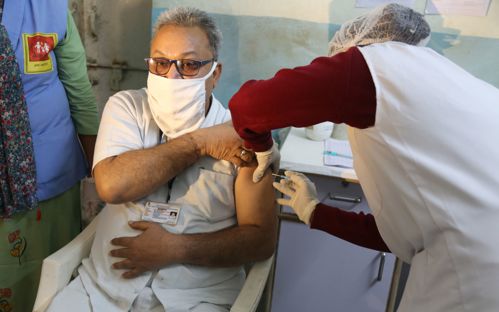
In February, Professor Crabb urged Australia to go to the “next level” with its support for international vaccine equity and programs to deliver COVID-19 vaccines to countries that are missing out.
Professor Crabb told Sky News’ Newsday program: “Neglecting the international vaccine equity issue is enormous … it’s literally killing us.”
“It’s the reason we have Omicron, it’s the reason we had Delta before that, and it’s the reason we’ll have new variants later.”Professor Brendan Crabb, Burnet Institute Director and CEO
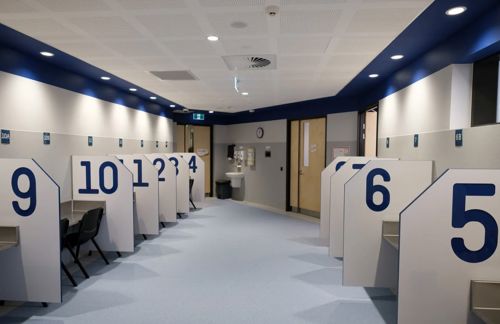
The study revealed the main barriers were concerns relating to vaccine safety and side effects.
March
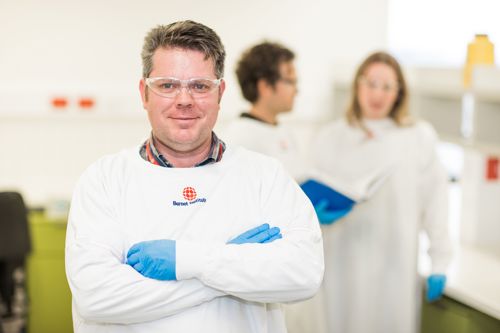
New Burnet-led research published in the journal PLOS Pathogens is helping to develop new drugs to combat malaria, which is becoming resistant to existing drugs.
Senior author, Associate Professor Paul Gilson, Co-group Head of Burnet’s Malaria Virulence and Drug Discovery Group said the growing resistance to antimalarial medicines needs to be addressed soon to avoid serious treatment failures in the future.
“Our research identifies processes in the parasites that are essential for its survival. And the more we understand about those processes, the better position we’re in to develop new treatments to block those processes.”
Associate Professor Paul Gilson, Molecular biologist
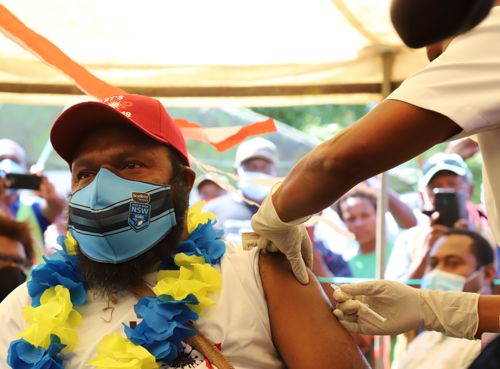
On the second anniversary of the World Health Organization’s declaration of a global pandemic, Burnet Senior Research Fellow Dr Stefanie Vaccher explained why new COVID-19 variants mean the pandemic is not over for anyone, until it’s over for everyone.
“There’s plenty of vaccines available (in Papua New Guinea), but uptake is the major issue due to vaccine hesitancy and low demand. It’s a complex issue that intersects with local culture, geography, religion and politics.”
Dr Stefanie Vaccher, Epidemiologist

In March, Burnet Institute joined the Wellcome Leap Breakthrough Network, a pioneering global network of leading research organisations that aims to reduce barriers to the discovery of breakthroughs in human health.
Network membership will strengthen Burnet’s capacity to accelerate its research and translation to solutions through faster access to funding and by harnessing global expertise.
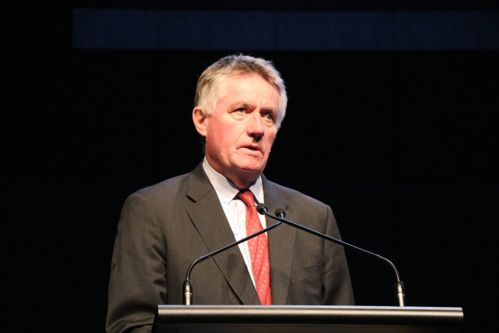
Burnet Institute Senior Research Fellow, Professor Steve Graham played a key role in the development of new global guidelines for the management of tuberculosis in children and adolescents.
Professor Graham co-chaired the World Health Organization (WHO) Guidelines Development Group for the updated guidelines and new operational handbook released for World Tuberculosis Day, March 24.
April
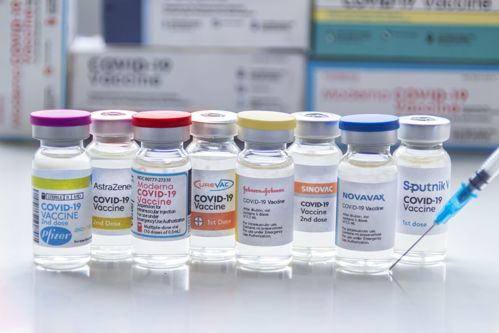
A national vision and leadership are fundamental requirements for the sustainability of vaccine development and production in Australia, according to Burnet Institute Senior Principal Research Fellow (Honorary), Professor Allan Saul.
In an editorial published in the Medical Journal of Australia, Professor Saul welcomed the recent announcement that Moderna that will produce mRNA vaccines in Victoria from as early as 2024, but he said vision and leadership in this field must be prioritised to ensure Australia is better prepared for the next global pandemic.
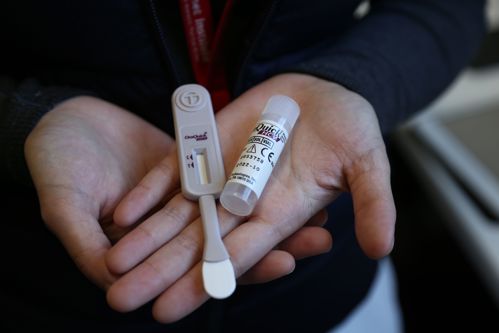
A new Burnet Institute hepatitis C project, QuickStart, that simplifies testing and treatment through the use of rapid antibody tests, sought to broaden its reach through participation from high prevalence health clinics in a national clinical trial.
Study Principal Investigator, Burnet Institute Co-Head Viral Hepatitis Elimination, Associate Professor Joe Doyle, described QuickStart as a potential gamechanger that will get people started on treatment earlier based on their risks rather than making them wait for test results.
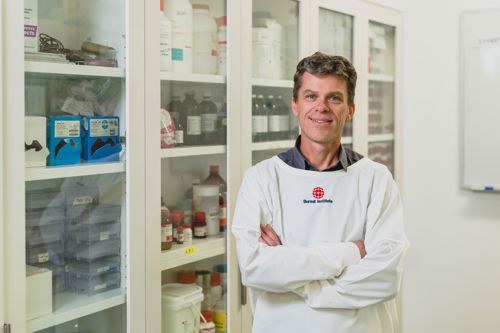
On World Malaria Day 2022, Burnet Institute affirmed its commitment to a malaria research program built on three pillars – prevention, detection and treatment – to accelerate the process of malaria elimination globally.
“If we want malaria elimination, we’ve got to have tools that block and interrupt transmission,” Professor James Beeson, Head of Burnet’s Malaria Immunity and Vaccines Laboratory, said.
“And there are three arms to these tools – new vaccines for prevention, improved diagnostics and surveillance for detection, and better drugs for treatment – that form the broad objective of our program.”
Professor James Beeson, Deputy Director, Burnet Institute
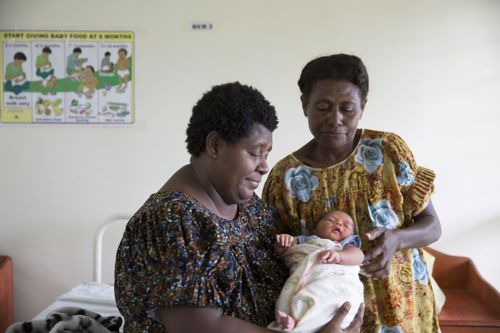
The study, led by Burnet Senior Research Fellow Dr Alyce Wilson, identifies barriers and enablers to companionship during labour and birth, and recommends a framework to facilitate the practice in PNG health facilities.
May

Burnet Institute took a significant step in support of Aboriginal and Torres Strait Islander self-determination and the strengthening of relationships with non-Indigenous peoples with the launch of the Institute’s Reflect Reconciliation Action Plan (RAP).
The Reflect RAP 2021–2022 will guide the Institute on how to embed Reconciliation actions in research, engage with Aboriginal and Torres Strait Islander stakeholders and communities, and improve understanding of their cultures and histories.
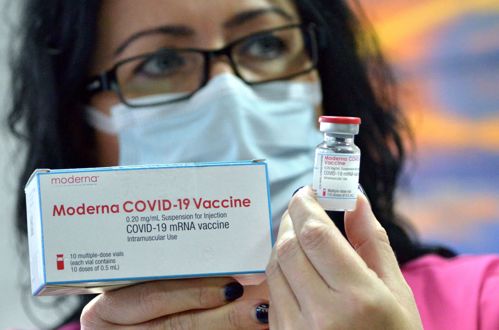
Burnet Institute announced a partnership with world-leading mRNA vaccine manufacturer Moderna, through their cutting-edge mRNA Access program, to develop novel mRNA vaccines for a range of emerging and neglected infectious diseases aimed at improving the health of communities globally.
Under the partnership agreement Moderna will provide expertise in designing mRNA vaccines for Burnet’s validated novel candidates in malaria, SARS-CoV-2 and hepatitis C.

Writing in The Conversation, members of Burnet’s Know C19 team, Professor Margaret Hellard AM, Professor Brendan Crabb, Dr Nick Scott, and Dominic Delport argued for the reintroduction of public health measures to reduce COVID-19 transmissions to avert infections and save lives.
“It’s time for governments and the community to consider what measures can be reintroduced to reduce COVID transmission and deaths, particularly during waves of infection. Cutting COVID transmission by 20 per cent could avert more than one million infections and 500 COVID deaths in Victoria this year, our new modelling shows.”
June
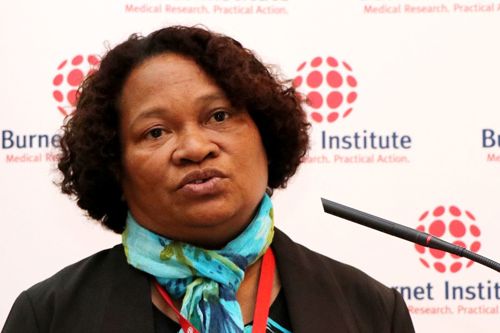
Laboratory scientists Nomin-Dora Tenakanai and Jennifer Kopania Banamu were announced as the inaugural winners of a new travel scholarship created to encourage tuberculosis (TB) researchers in Papua New Guinea (PNG) to expand their skill set at Burnet Institute.
The Evelyn Lavu Travel Scholarship provides AUD $5,000 for a PNG national who is a healthcare worker, researcher or scientist to travel to Australia to participate in research, training or mentoring in the field of tuberculosis.
The scholarship honours the late Professor Lavu, a leader in the field of genetics and diagnostics who made a vital contribution to TB research in PNG and at Burnet.
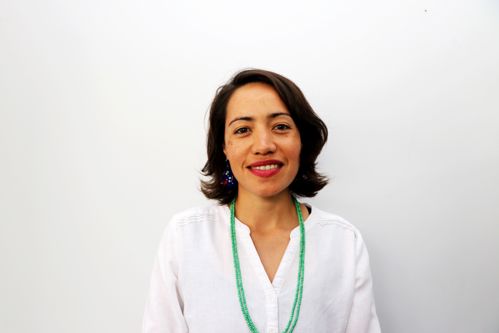
Burnet Institute Senior Research Fellow, Implementation Science Group Co-Head, and Coordinator of EC Australia, Dr Alisa Pedrana was announced as one of 11 recipients of an exciting new award, The Victorian Near-miss Award Pilot.
An initiative of the Victorian Chapter of the Association of Australian Medical Research Institutes (VicAAMRI) and veski, the award aims to support the retention and development of outstanding emerging researchers and future leaders from groups facing systematic barriers to success.
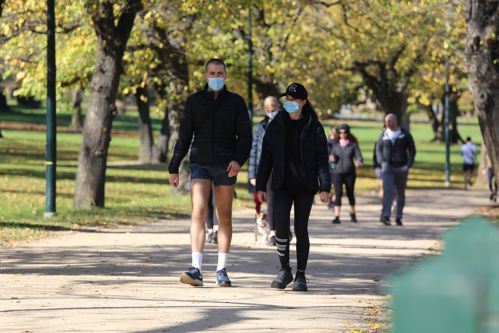
Burnet Institute Director and CEO Professor Brendan Crabb and Associate Principal Research Fellow, Professor Mike Toole AM argued for the need for Australia’s leaders to adopt a COVID strategy that’s fiercely anti-transmission without disruptive restrictions, in an editorial published in Nine Media.
“Omicron has had a massive impact. Over seven million COVID-19 cases have been registered in Australia this year – 20 times more than in the two previous years. A study released on Monday indicates that this probably represents around half of the actual number infected. That suggests about half of the Australian population has been infected.”

Burnet Institute expressed its concern over the decision of the United States Supreme Court to remove protections for legal abortions and reproductive rights by overturning the decision in Roe v Wade that’s stood for almost 50 years.
“Legal restriction of abortion does not lead to fewer abortions – it only makes abortion unsafe, with devastating impacts for girls, women and their families. These impacts will be greatest on those who already face discrimination and barriers to accessing reproductive health care, further entrenching inequalities.”



